Podcast: Play in new window | Download (Duration: 28:11 — 19.4MB) | Embed
Subscribe: Apple Podcasts | Spotify | Amazon Music | Android | Pandora | iHeartRadio | JioSaavn | Podchaser | Gaana | Podcast Index | Email | TuneIn | Deezer | Anghami | RSS | More
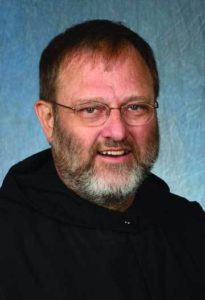
Bruce and I had the opportunity to have a conversation with Fr. Thomas Acklin, a Benedictine priest, who is a professor of theology and psychology at St. Vincent College and Seminary in Latrobe, Pennsylvania. He is the author of a tremendous work entitled “The Passion of the Lamb”. In this book, he challenges us to become lambs like Christ, the little children He calls us to be so that we may be able to follow him in Word and Deed. Fr. Acklin is a master spiritual director, who helps us to hear the voice of the Lord in our hearts and encourages us to respond, in trust, to the will of the Father. An important not to be missed gift.
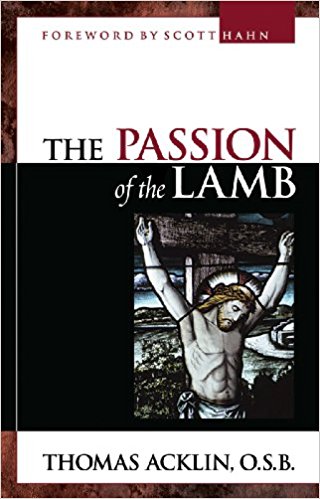 You can find the book here
You can find the book here
From the book description:
Many today fear that we hover on the brink of global collapse. War, terrorism, and disease provoke a sense of despair. Yet in our midst stands Jesus Christ, undaunted by the brutal realities of a world that rejects him. And as he looks at each of us, he asks directly and personally, Will you have faith in me?
In this powerful book Fr. Acklin reveals the passionate love of God for every person, love that will not be denied or defeated. God is for us in spite of our indifference. God has not been eclipsed by the world s agenda. God willnever abandon us. God will always seek out the wounded and lost. We have his guarantee that this is so because the suffering and death the passion of Jesus clinched the deal confirming God s commitment to his creation.
The Passion of the Lamb helps us answer the only question that ultimately matters: Will we have faith in Jesus?

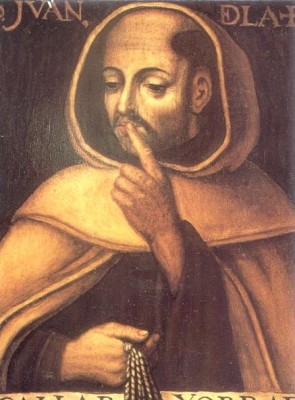
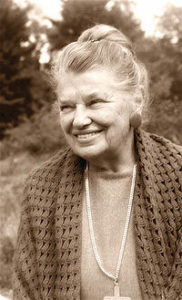 We discovered an incredible audio of a conference talk given in the late 70’s by the Baroness herself, Servant of God Catherine de Hueck Doherty. She is the co-founder of the Madonna House Apostolate and one of our absolute favorite authors. We dare you not to be moved by her words!
We discovered an incredible audio of a conference talk given in the late 70’s by the Baroness herself, Servant of God Catherine de Hueck Doherty. She is the co-founder of the Madonna House Apostolate and one of our absolute favorite authors. We dare you not to be moved by her words!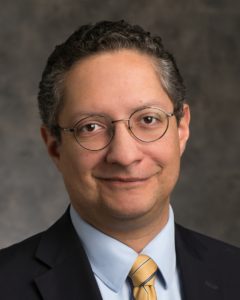


 CHAPTER VIII
CHAPTER VIII
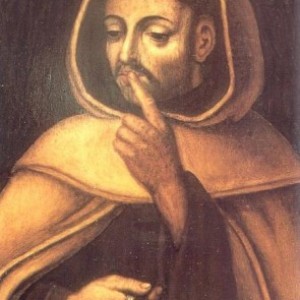
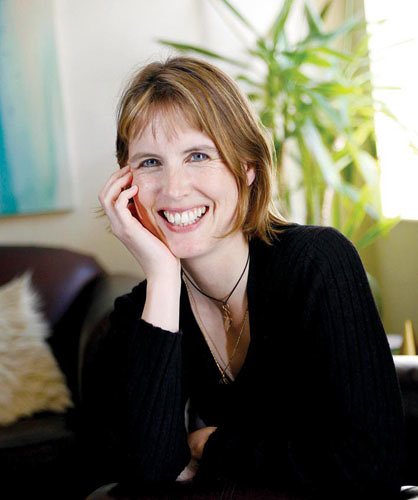


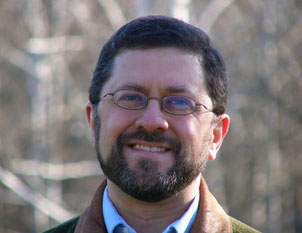
 Pick up a copy of Mke’s book. You’ll find so much more and invaluable references and resources, as well
Pick up a copy of Mke’s book. You’ll find so much more and invaluable references and resources, as well
